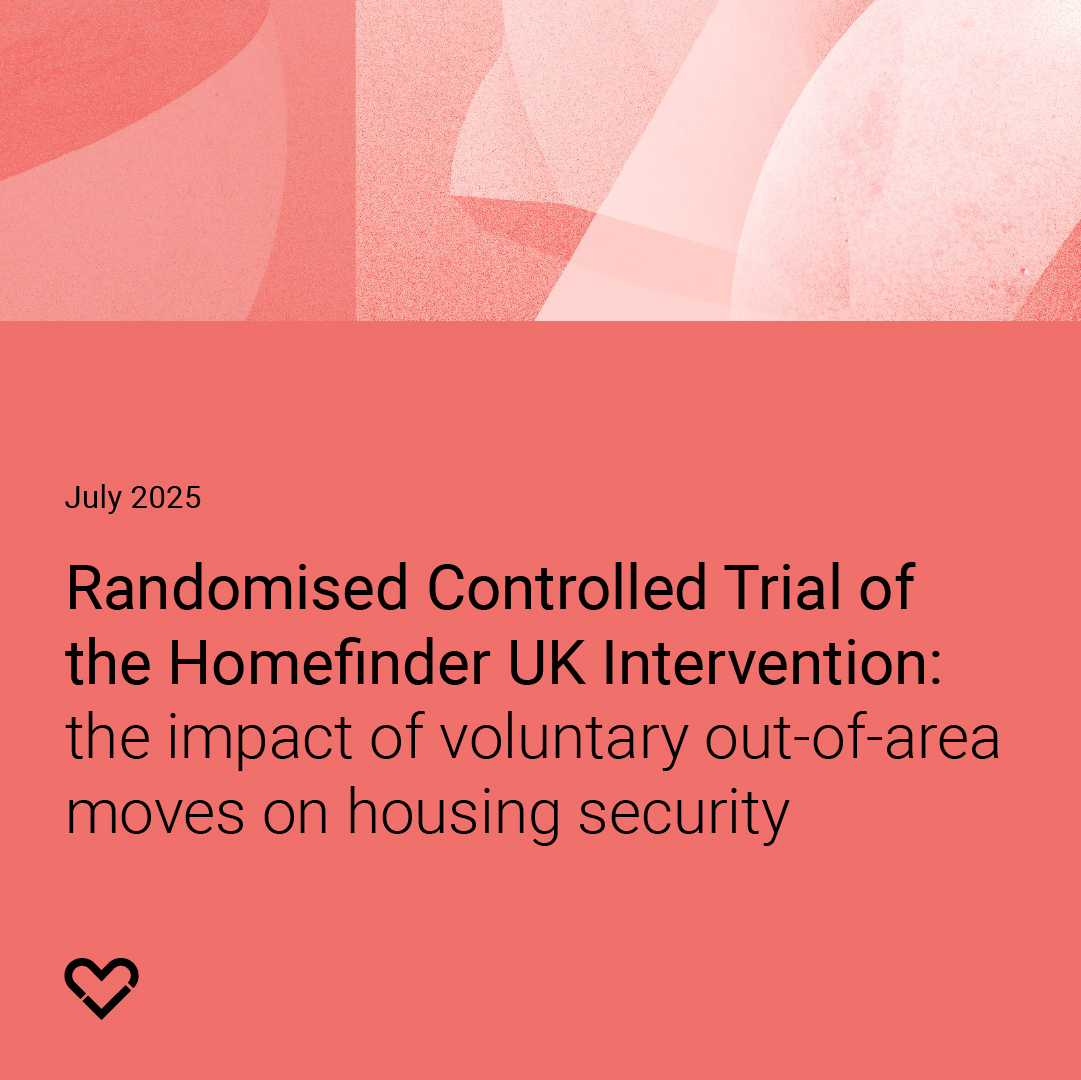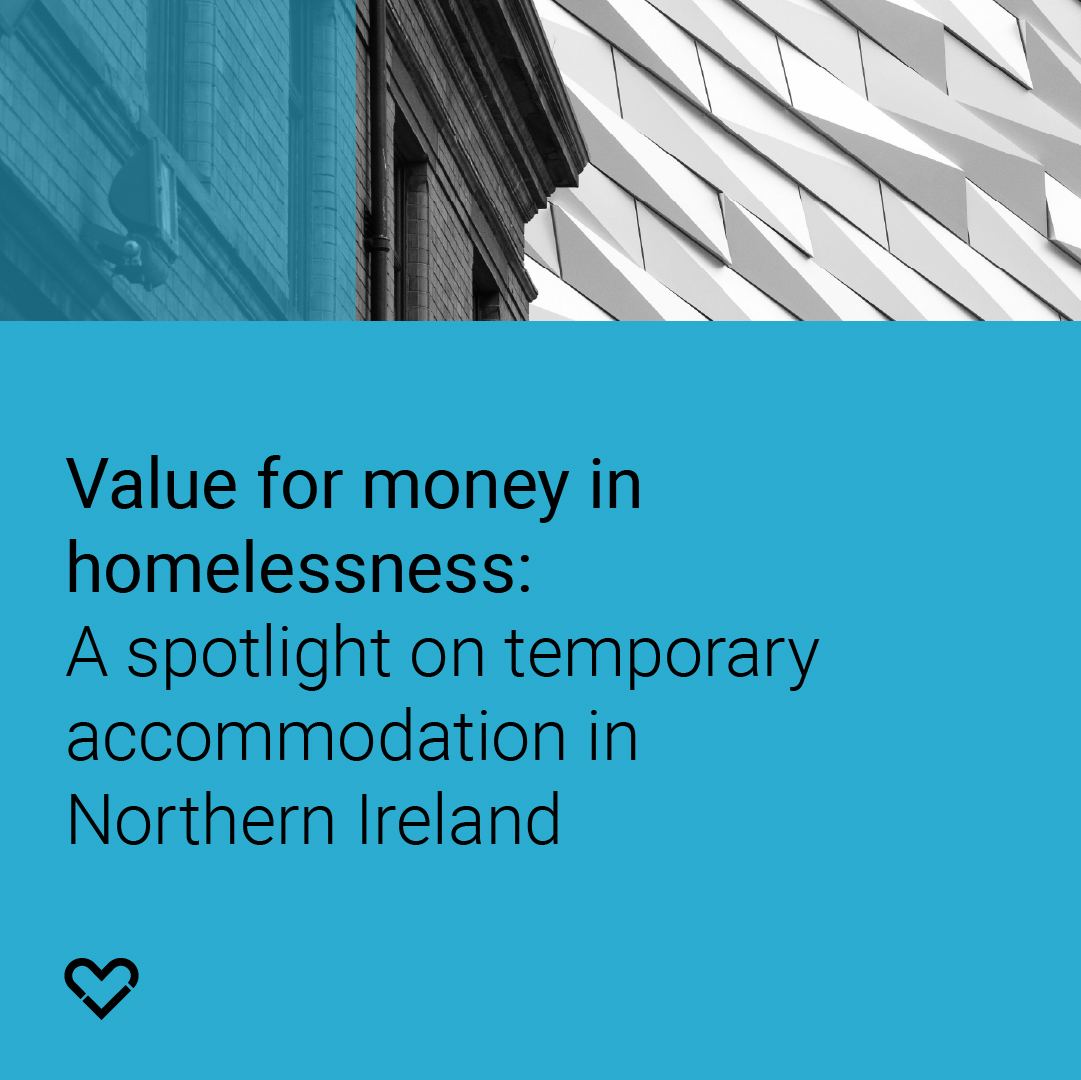What Works Evidence Notes: Welfare
Outline of the study
This evidence note examines the relationship between welfare benefit changes and single homelessness, particularly street homelessness, in the UK between 2010 - 2021. The research analyses trends in benefit entitlements/claims and welfare reforms, and their correlation with rising homelessness levels during this period.
The review explores how key welfare policy changes, including reductions to Universal Credit (UC) and Local Housing Allowance (LHA), benefit sanctions, waiting times, and conditionality requirements, may contribute to homelessness. The study also identifies gaps in data collection and proposes evidence-based policy reforms.
Findings in brief:
- National statistics on receipt of benefits are not available. However, a 2015 study indicates, 92% of single people experiencing homelessness were claiming benefits, with an additional 2% having claimed in the previous year.
- Reductions in Local Housing Allowance (LHA) rates are likely to have increased homelessness due to loss of private rented accommodation: this figure increased from 6,630 cases (15% of total homelessness acceptances) in 2010/11 to 18,270 cases (31% of total homelessness acceptances) in 2016/17
- Sanction rates for UC claimants are around 2.5%, compared to 0.5% for people claiming Job Seekers Allowance
- The five-week waiting time for UC payment creates vulnerability, particularly for single people, who make up around 60% of households assessed as homeless or at risk
- UK benefits are internationally ungenerous: a single person earning minimum way and unemployed for three months receives around 68% of their previous wage; this compares to an OECD average of 74%
- The Overall Benefits Cap has severely impacted on families and single people experiencing homelessness in London. Proposed changes to UC in 2021 would result in residents in some of the ten 10 London Broad Rental Market Areas receiving only £0.51 per week for living costs after covering housing costs at the one-bed rate.
Recommendations in brief:
- Pilot demonstration projects, to test the relative changes to the benefits system or conditionality requirements. These should include:
One-off cash transfers for prison leavers and others at risk of homelessness who approach Housing Options services
Targeted additional benefits for people with high support needs
Loosening of sanctions and conditionality requirements - including temporarily suspending employment requirements for people experiencing homelessness until their housing situation stabilises
Additional benefits support, including local UC uplifts targeted at high-risk populations and geographic areas with high rates of homelessness
- Test and compare benefit uptake maximisation approaches, including: signposting, existing helplines, and embedded support within housing services
- Pilot programmes giving people with no recourse to UK public funds temporary access to benefits, to support rehousing
- Implement a data insights programme to better understand the receipt of benefit and street homelessness
- Improve data infrastructure by connecting homelessness data with data from other government departments to improve insights and analysis for researchers and policy makers.
No items found.





.jpg)

